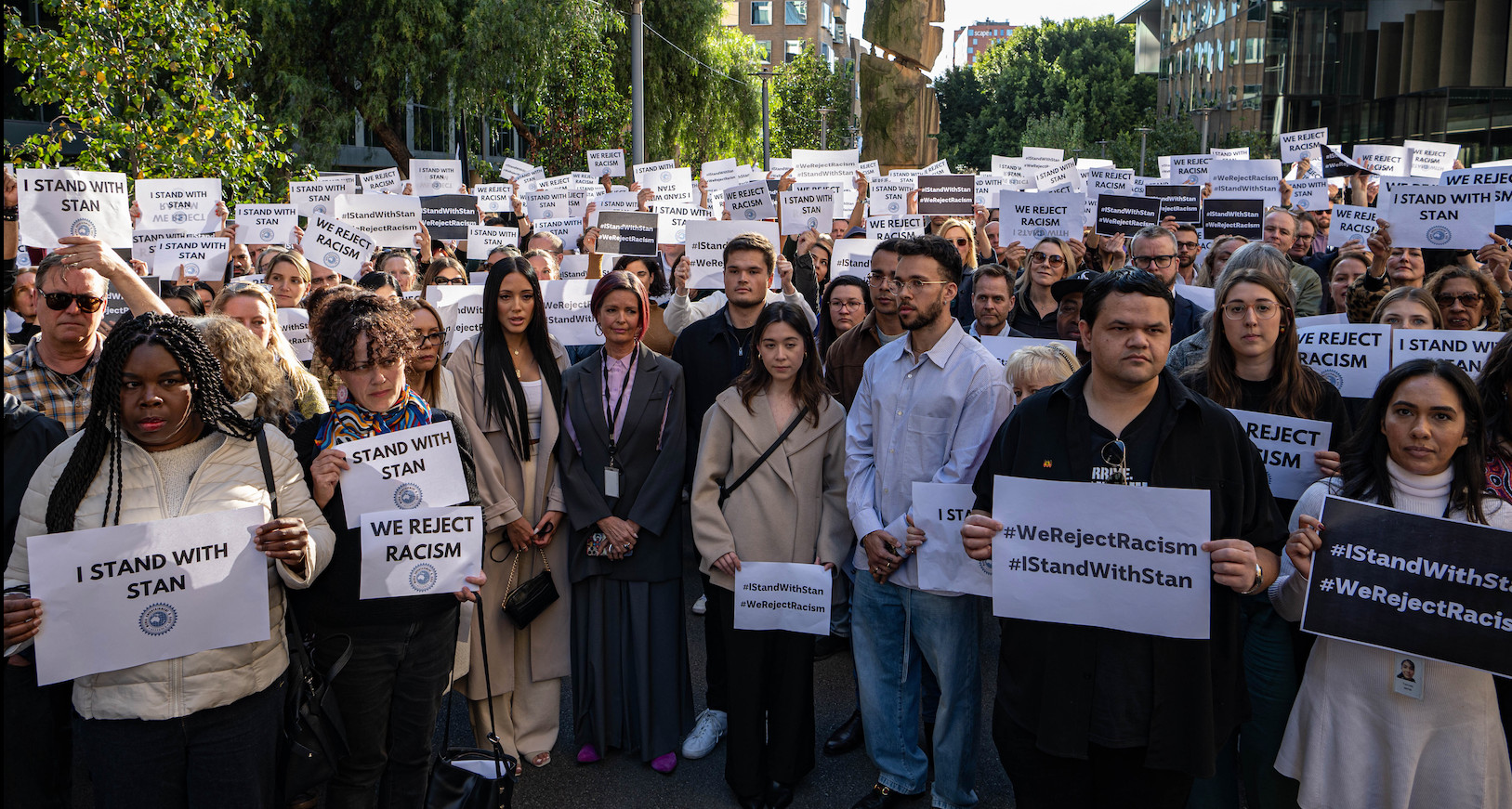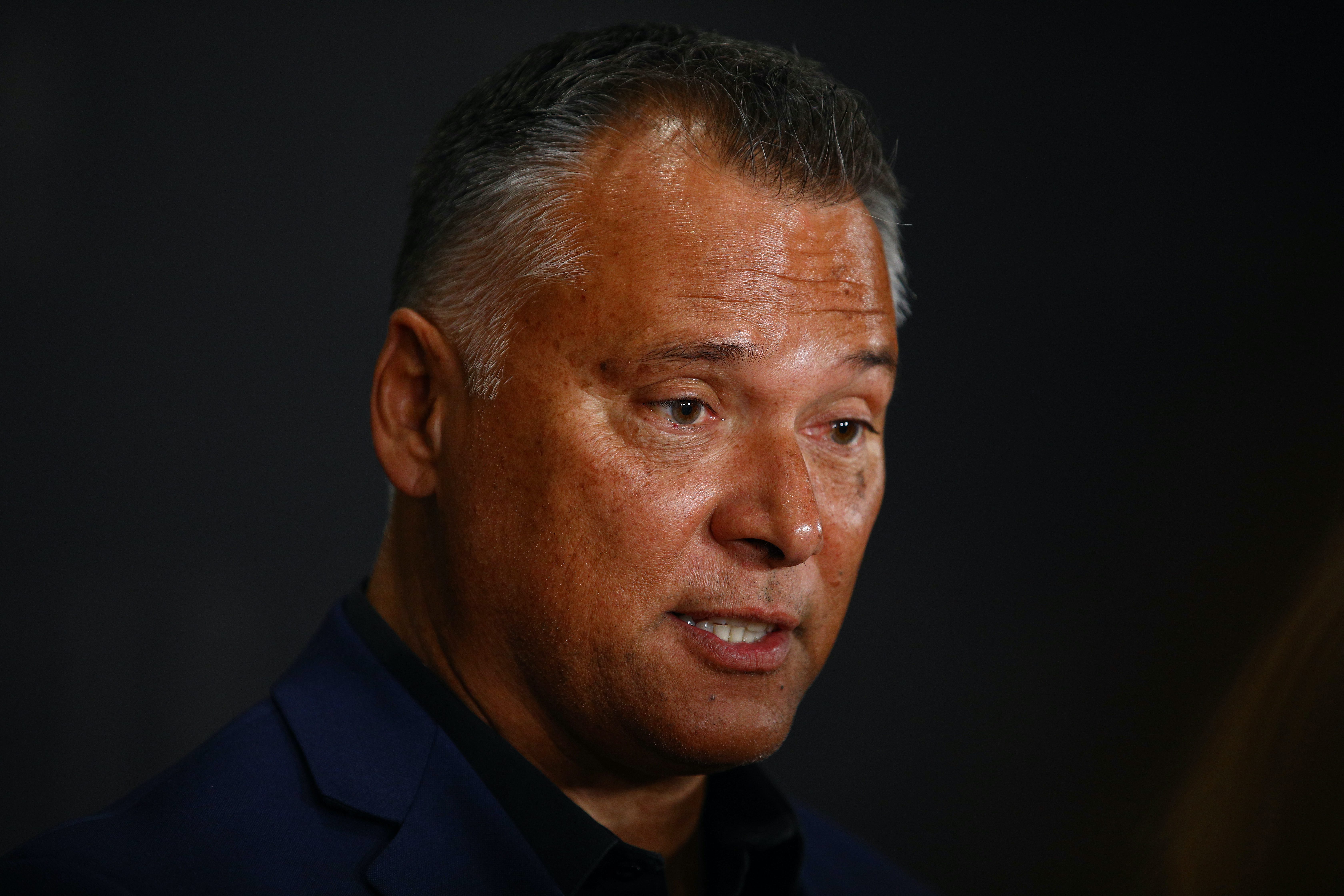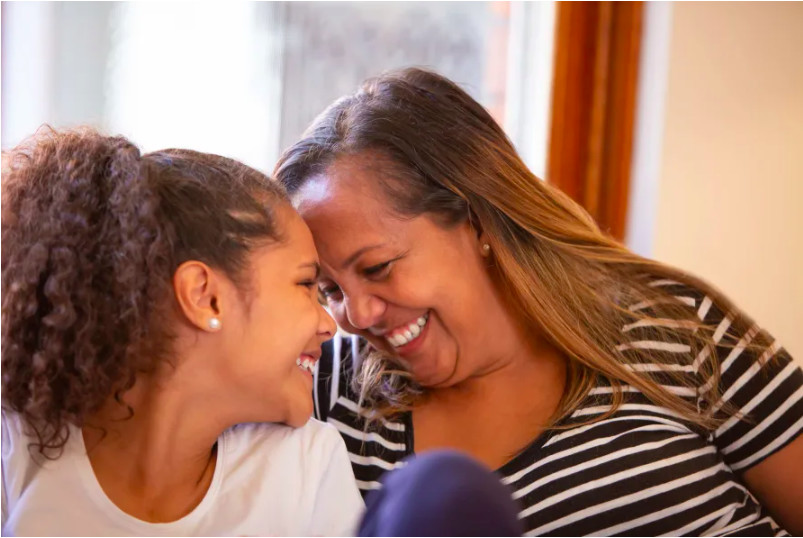
Politics & Society
Don’t twist the aim of The Voice for political gain

As a nation, we cannot have those who keep the oldest living culture alive being exposed to hatred we are currently allowing
Published 27 May 2023
This time of year is marked by two major events in our Australian calendar, Sorry Day and National Reconciliation Week.
Sorry Day 2023 marked the 26th anniversary of saying sorry to the Stolen Generations for more than 70 years of forced removal of children, and six years since the Uluru Statement from the Heart was released.

Coinciding most years with National Reconciliation Week, Sorry Day is meant to recognise the terrible and ongoing harm experienced by the Stolen Generations and a commitment to avoid repeating the history of wrongs caused by colonial policies and government practices.

Politics & Society
Don’t twist the aim of The Voice for political gain
Yet here we are, in 2023, demonstrating that as a country we are capable of achieving high levels of education, employment and income, but lack the ability to reduce the amount of racism being thrown at the traditional owners of this country who never ceded their lands.
Since the announcement of the referendum on the 30 March 2023, the amount of hatred and vitriol shared publicly amongst Australian citizens has astonished even those who have worked in the field of racism and health for a long time.
The question being posed is simple:
“A Proposed Law: to alter the Constitution to recognise the First Peoples of Australia by establishing an Aboriginal and Torres Strait Islander Voice.
Do you approve this proposed alteration?”
But the negative backlash has been unparalleled. The racist ranting taking place (overwhelmingly on social media) shows our country for the racism it is increasingly being recognised for.

This week we saw a strong, proud Wiradjuri man, Stan Grant, rightly prioritise his health and that of his family by taking some time out from his high-profile role. He should not have to do this, but does he have a choice?

Politics & Society
Going beyond healing to build Indigenous power
In his on-air statement on Monday, he admitted his abusers had succeeded in hurting him but he would be OK. Where he seemed most concerned was for his brothers and sisters: “Please send that support and care to those of my people, and all people, who feel abandoned and alone, who are wondering whether they have a place in this country and do not have my privileges.”
Stan, by his own admission, is more privileged than the majority of Aboriginal and Torres Strait Islander peoples in our country. He has a support network of family, friends, loyal colleagues and followers.
What is happening to the thousands of Aboriginal and Torres Strait Islander people who have not led such a privileged existence, are not so well supported and have not had the education and opportunities which Stan has had. How are Aboriginal and Torres Strait Islander people dealing with the current racist abuse dominating conversations taking place all over the country?
It’s beginning to feel like we are repeating history. Not simply by allowing racists to have their say, but by allowing those racists to spread their hate and potentially impact the social and emotional wellbeing of Australia’s (already) most marginalised people.

Similar behaviour was seen five years ago when the referendum on same-sex marriage had the nation talking about the way they would vote.

Health & Medicine
Backing the strengths of Aboriginal young people
At the heart of the debate, we saw individuals’ moral values and beliefs questioned and fear-based campaigns fuelled by toxic homophobic rhetoric attempted to dissuade Yes voters. It didn’t work. But the constant prejudice and discrimination experienced by the LGBTQIA+ community had a damaging impact on their mental health and wellbeing.
However, the Yes campaigns provided the LGBTQIA+ community with a feeling of being accepted and supported, which protects against poor mental health.
So, can we learn from this recent history? Why tolerate more harmful rhetoric against another marginalised group in our community? This time it’s racism.
Racism is a determinant of health for Aboriginal and Torres Strait Islander peoples. The impact of racism extends beyond poor mental health outcomes to also incorporate physiological issues such as high blood pressure, heart disease and diabetes.
According to Badimaya Yamatji woman Jasmine Knox, many Aboriginal and Torres Strait Islander people are worried about the mental health of their community at this time.

“I’m worried about what supports they have in place. Who can they reach out to when they see and hear these things about their own culture and people?” she says.

Politics & Society
New Indigenous middle class finds place in modern economy
As a nation, we cannot afford to have those who keep the oldest living culture alive being exposed to the kind of hatred we are currently allowing. The social and emotional wellbeing of Aboriginal and Torres Strait Islander people must be protected during these political games that enable hate speech.
The Government has provided extra funding to support mental health during this time, but the current mental health system is still in crisis mode following Covid-19. No matter how much money you throw at a service, it can still fail to be culturally appropriate to the person requiring support.
So while we’re bracing for the impact of another wave of mental health crises, the educational campaign promoting empathy understanding and social inclusivity needs to be intensified and promoted.
It is every individual’s responsibility to act with kindness and respect. Only then can we continue as Stan says “to live with respect in a world worth living in”.
Banner: AAP